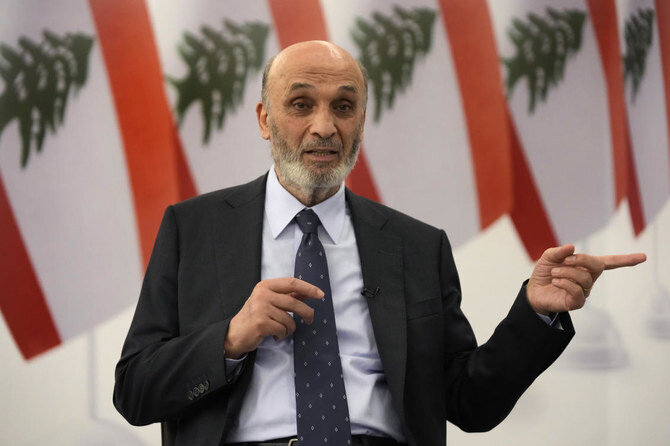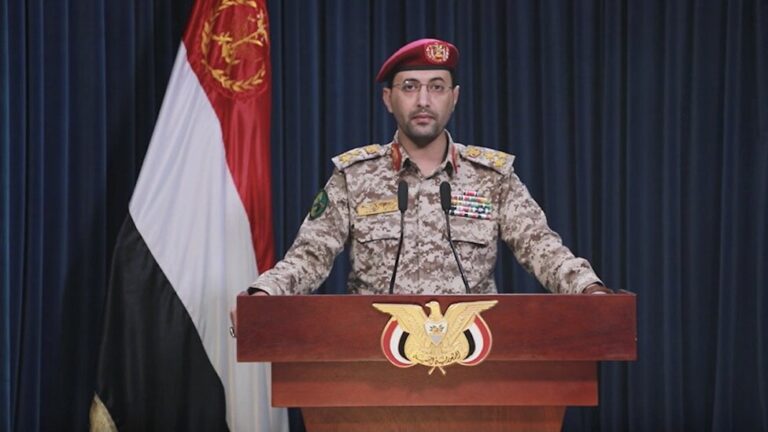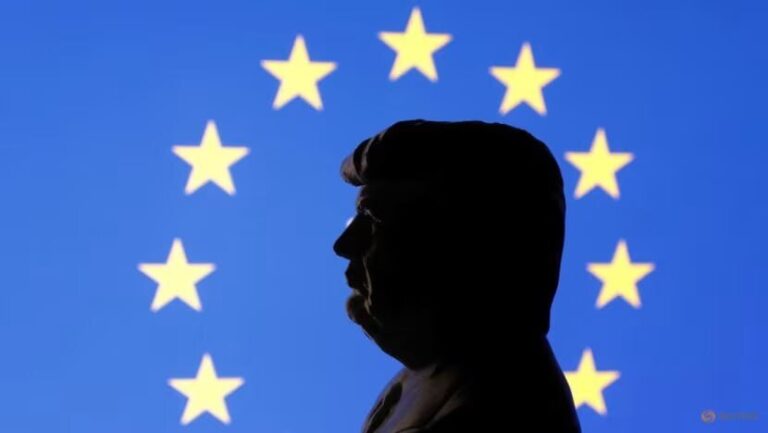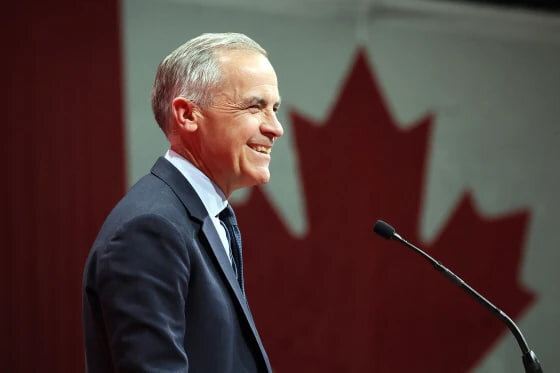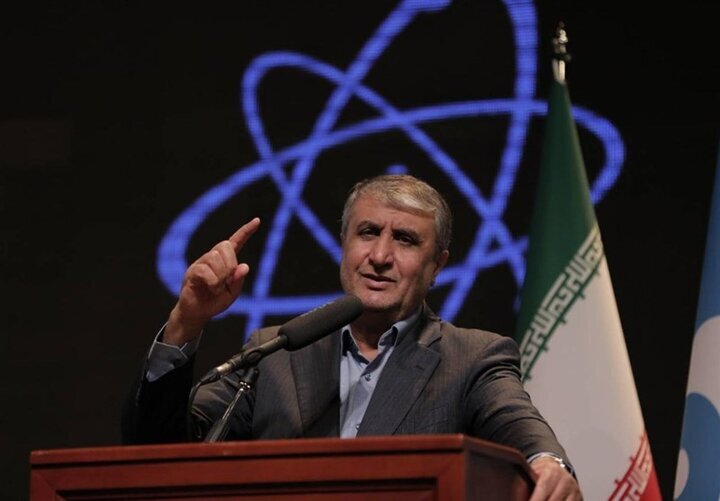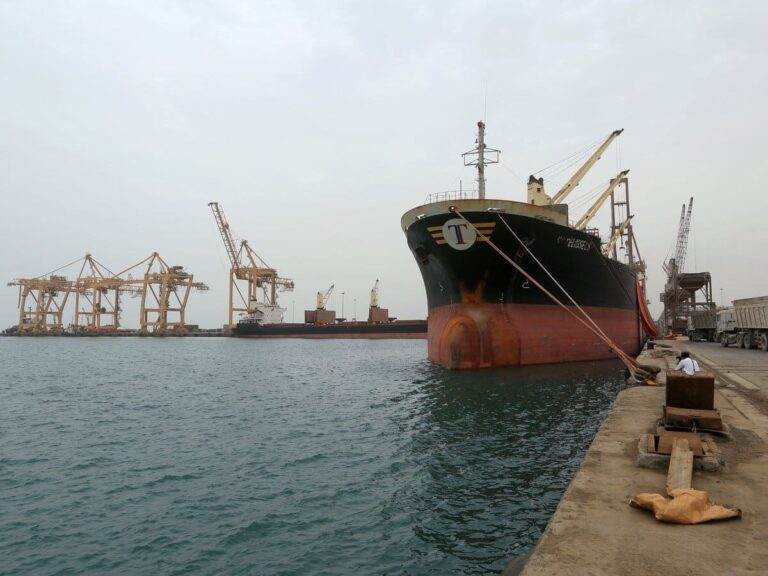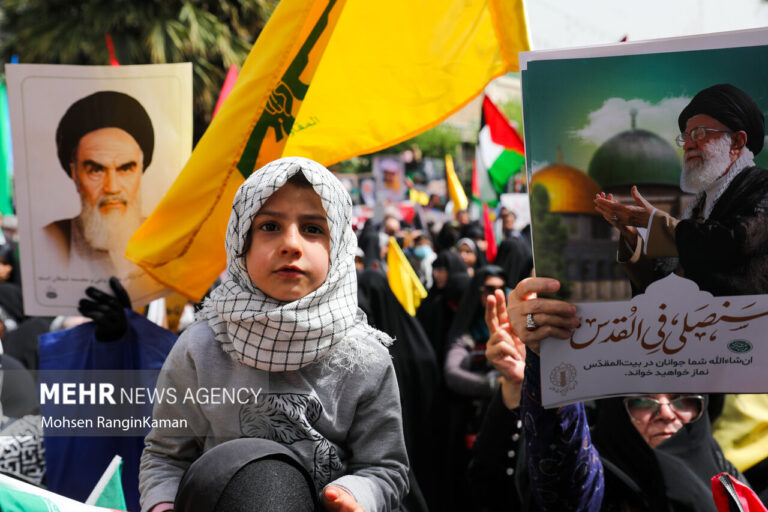Geagea’s Bold Strategy: Battling the Shiite Duo for Parliamentary Power!
The ongoing political landscape in Lebanon is heavily influenced by the negotiations between Washington and Tehran, particularly as the Lebanese Forces and its leader, Samir Geagea, closely monitor the potential implications of these discussions. The Lebanese Forces are apprehensive that a successful agreement could benefit Iran’s regional allies, especially Hezbollah, thereby undermining their efforts against the resistance movement.
Geagea has expressed concern that if the negotiations yield positive results, Hezbollah could significantly enhance its operational capabilities, which many believed had been weakened by recent U.S.-led Israeli actions. This situation has led to organized campaigns by the Lebanese Forces against President Joseph Aoun, reflecting their anxiety about the political climate.
The Lebanese Forces party is currently facing challenges due to strained relations with local political factions. These groups are also keeping a watchful eye on the outcomes of the negotiations in Washington and Tehran. Many are disturbed by the rhetoric coming from Geagea and his party, which appears to suggest that Lebanon is regressing to a civil war-like atmosphere.
Key points regarding the Lebanese Forces’ position include:
- Geagea’s Strategy: The Lebanese Forces view the American-Israeli project in West Asia as aligned with their non-sovereign vision, which aims to divide the region and seeks retribution for the resistance’s thwarting of pro-Israel initiatives in the early 1980s.
- Fueling Sectarian Strife: Geagea actively calls for the disarmament of Hezbollah while attempting to isolate the Shiite community in Lebanon.
- Upcoming Elections: The parliamentary elections scheduled for May 2026 are seen as a crucial opportunity for the Lebanese Forces to form new alliances and potentially seize at least one of the 27 Shiite parliamentary seats, thereby influencing the parliamentary speakership.
- Support from Riyadh: Reports indicate that Riyadh is backing Geagea’s candidate, MP Fouad Makhzoumi, especially after Nawaf al-Salam’s candidacy faltered due to his lack of diplomatic experience.
As the parliamentary elections approach, Geagea is likely to focus on obstructing efforts aimed at rebuilding the damage inflicted by the U.S.-led Israeli aggression from September to November. This includes hindering any initiatives that aim to restore Hezbollah’s service institutions and prevent the government from providing compensation or facilitating reconstruction efforts.
Recently, the Lebanese Forces party has withdrawn support for a draft law that proposed rebuilding homes destroyed during the Israeli occupation. Additionally, they have also opposed a law that would exempt cities, municipalities, and villages in the Nabatieh and South governorates from paying water and electricity fees and fines.
Currently, it appears that the so-called international community may withhold reconstruction aid unless the Lebanese government aligns with the demands of U.S.-Saudi allied states. Various experts have pointed out that Lebanon’s Ministry of Finance possesses substantial funds within the Central Bank that could be utilized to compensate those impacted by the Israeli aggression.
Furthermore, the Lebanese government is avoiding its obligation to establish a national reconstruction body. It has not initiated any local projects or engaged with affluent Lebanese individuals—both domestically and abroad—to contribute even partial funding for a reconstruction fund managed by this body.
This scenario is further complicated by the obstruction of foreign aid from countries like Iran and Iraq. The Lebanese Forces’ actions and the current governmental strategies have raised concerns among many Lebanese citizens regarding the future of reconstruction and recovery in the wake of the recent conflict.
In conclusion, the political dynamics in Lebanon, particularly the actions of the Lebanese Forces and their apprehensions about negotiations between Washington and Tehran, are critical to understanding the country’s current state. As the parliamentary elections approach, the need for effective governance and reconstruction becomes increasingly urgent, highlighting the challenges that lie ahead for the Lebanese people.
